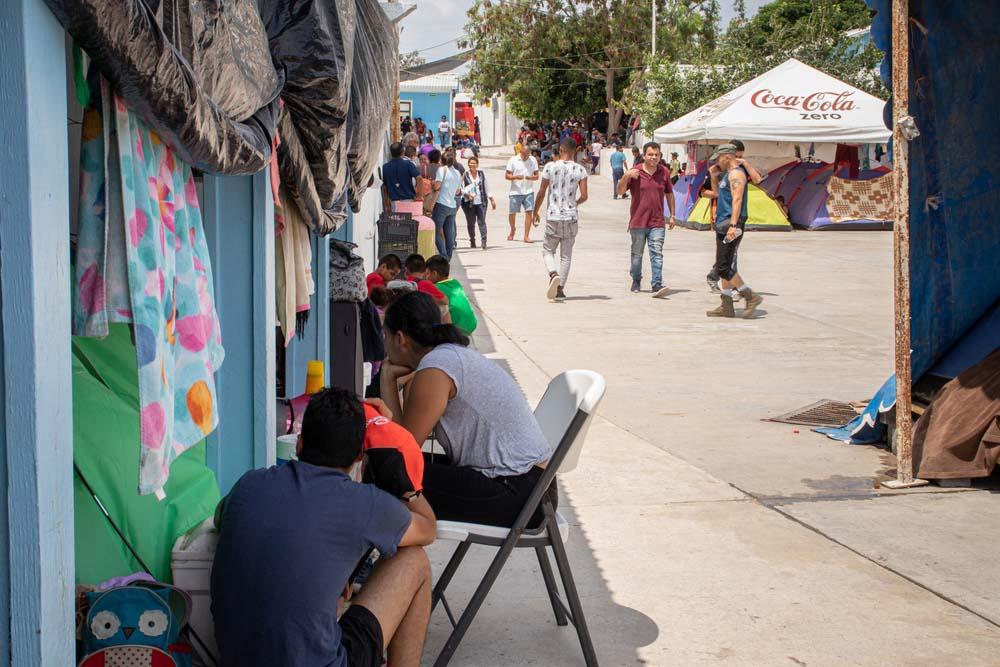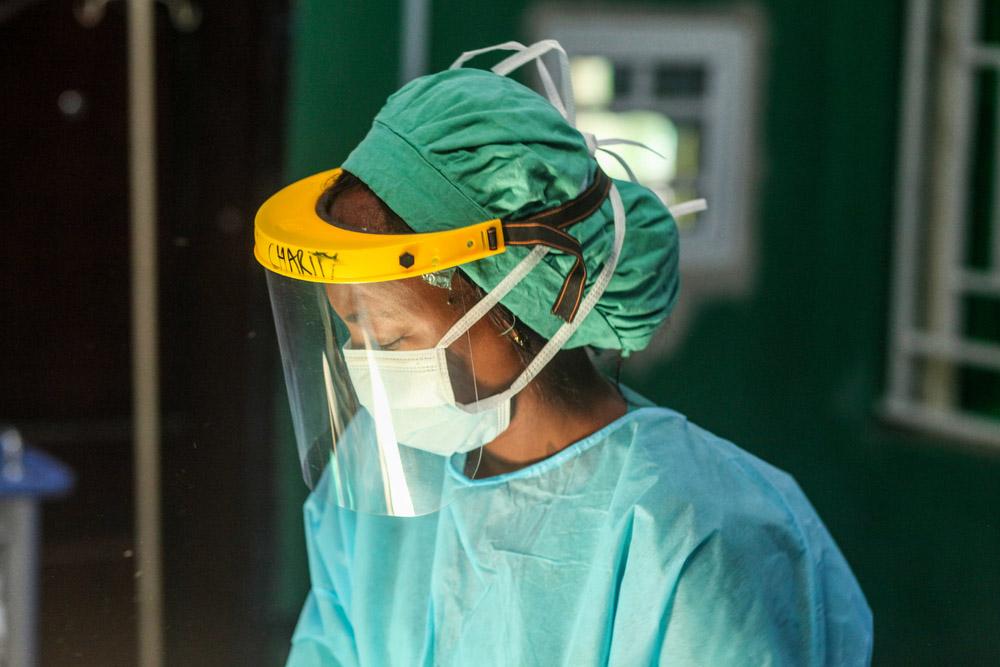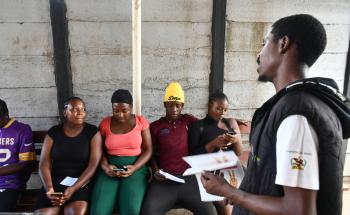As President Biden begins to roll back some of the Trump administration’s most harmful migration policies, the international medical humanitarian organisation Doctors Without Borders (MSF) calls for urgent action to completely phase out or rescind migration policies that endanger the lives of migrants and refugees.
MSF teams have witnessed firsthand the devastating toll of harsh migration policies on the lives and health of people forced to flee violence and extreme poverty in Central America, Mexico, and other countries. The Biden administration must ensure that reforming migration policies and safeguarding the right to asylum remains at the top of its ambitious agenda. The US has an important role to play working with other governments in the region to respond to widespread displacement and alleviate the mounting humanitarian crisis.
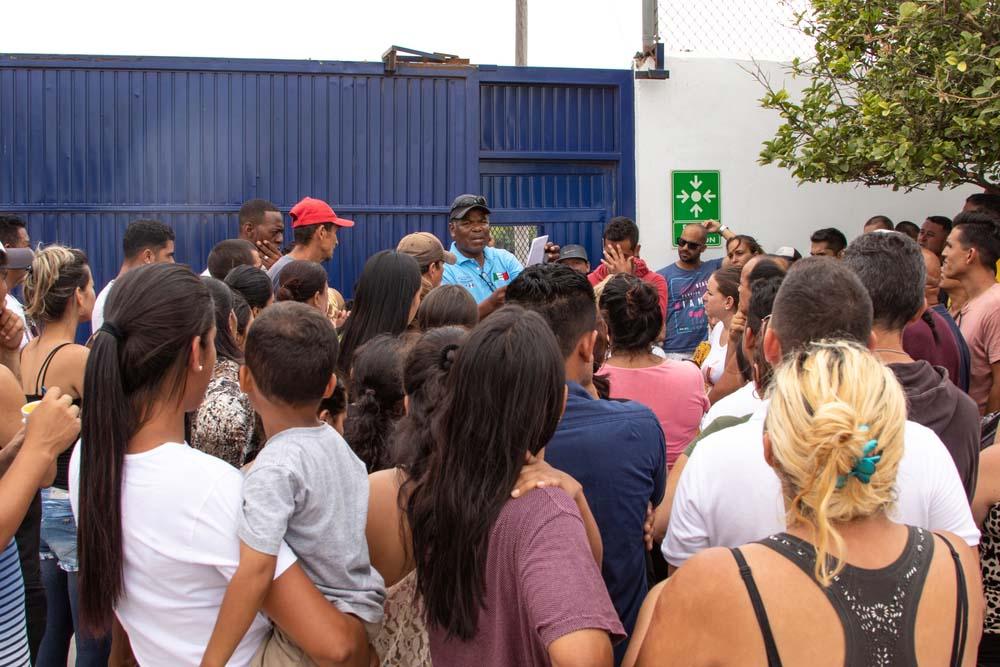
Since 2012, MSF has provided medical and mental health care to tens of thousands of people along the migration route through Mexico. Many of our patients require medical and psychological support as a result of exposure to high levels of violence and ill-treatment in their home countries, along the migration route, and in detention centres in the US and Mexico.
Over the past four years, the Trump administration imposed a complex web of policies intended to deter migration at all costs and effectively dismantle the asylum system. These policies included regulations that eliminated gang violence and domestic violence as grounds for seeking asylum, rules requiring asylum seekers travelling through a country to first seek protection there before applying for asylum in the US, and third-country agreements with governments in Central America that deport US-bound asylum seekers to other countries in the region.
We call on the Biden administration to steer a new course forward, including by abolishing the most harmful policies of recent years, rebuilding the US asylum system, and developing a more humane migration strategy. Immediate priorities should include rescinding the order under Title 42, which suspends entry at US borders and allows for the immediate deportation of asylum seekers; stopping the practice of “metering” to limit the number of people who can request asylum at ports of entry; and completely ending the Migrant Protection Protocols, a policy that forced tens of thousands of asylum seekers back to Mexico to await their hearings.
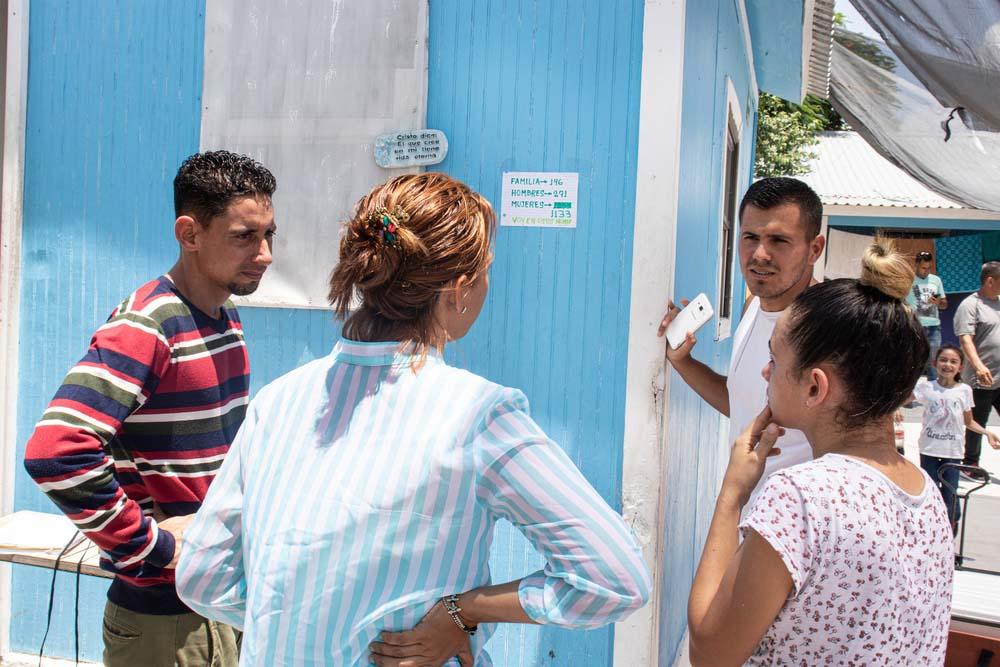
Rescind the Title 42 expulsion order
The incoming administration must direct the US Centers for Disease Control and Prevention (CDC) to revoke its order issued under Title 42, suspending the right of entry to the US “from countries where a quarantinable communicable disease exists.” Using COVID-19 as a pretext, the CDC order effectively shut the border to asylum seekers, singling them out as potential vectors of illness and exposing them to potentially deadly risks.
This order, which was first instituted in March 2020 and subsequently renewed, has led to the expulsion of more than 390,000 people. These expulsions have largely been undertaken without the required screening to ensure those being denied entry into the US will not be returned to potential harm in their countries of origin or in third countries.
Our teams have responded to countless disease outbreaks around the world, and our decades of experience show that public health measures only work when they include everyone. These measures fail when vulnerable people, such as migrants and asylum seekers, are left out.
MSF sees the CDC order as a cruel instrumentalisation of the COVID-19 pandemic that brought the US asylum system to a grinding halt. The US is perfectly capable of simultaneously preserving fundamental protections to asylum seekers fleeing persecution and violence while safeguarding public health. The health and lives of thousands of people depend on withdrawing this rule.
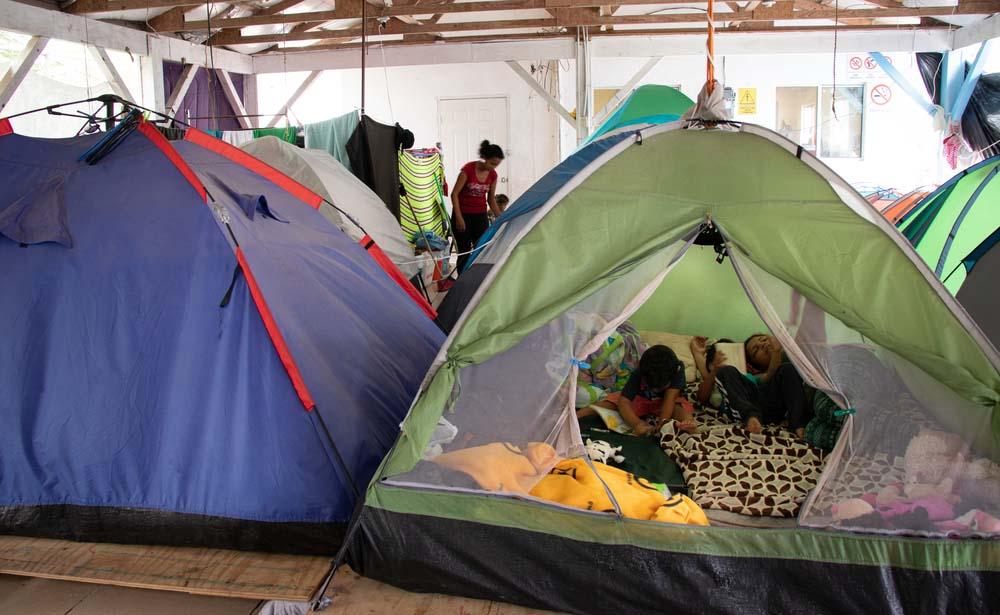
Stop metering
To rapidly reduce the number of asylum seekers exposed to risk in Mexico, the Biden administration must end the practice of metering and boost its capacity to process asylum claims at ports of entry. Metering limits the number of asylum claims processed at ports of entry per day – and has resulted in thousands of asylum seekers being forced to wait in limbo in Mexico.
The informal backlog created by metering was recently estimated at over 15,500 asylum seekers in line. Being forced to wait in Mexico before having the opportunity to even initiate an asylum claim in the US entails considerable risks for people fleeing violence and persecution. Asylum seekers are specifically targeted by criminal groups present in border cities such as Reynosa, Matamoros, Nuevo Laredo, Ciudad Juárez, Mexicali, and Tijuana.
Under these impossible circumstances, many people have been forced to abandon plans to seek asylum and cross the border into the US. Also, the incoming administration should immediately rescind the rule and presidential proclamation denying asylum to those who enter the US “unlawfully.” Under the US and international law, asylum seekers have a right to seek protection regardless of how or where they enter the country.
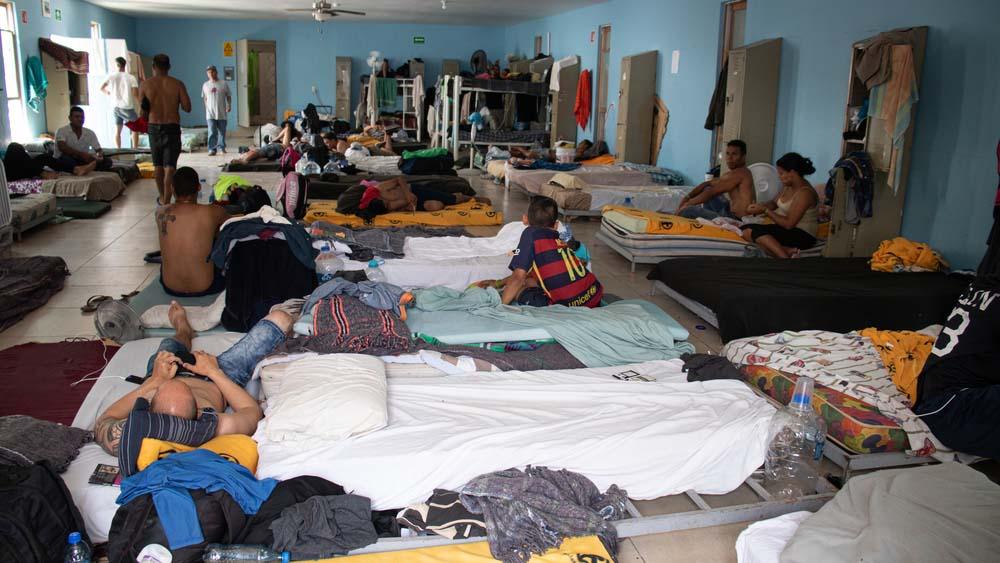
End the Migrant Protection Protocols
MSF welcomes the Biden administration’s suspension of the Migrant Protection Protocols (MPP)—also known as the “Remain in Mexico” policy—which went into effect on January 21. We look forward to seeing broad and humane reforms in US policy toward asylum seekers and migrants.
The MPP policy has forced vulnerable people seeking asylum in the US to wait in difficult and often dangerous conditions in Mexico while their applications are processed. The administration should rapidly and completely phase out MPP, and urgently create a streamlined process for allowing asylum seekers to enter the US and pursue their asylum claims while in the country.
Furthermore, the Biden administration must rapidly deploy the necessary resources to boost the response to the humanitarian crisis at the US southern border caused by years of migration policy based on deterrence, criminalisation, and containment.
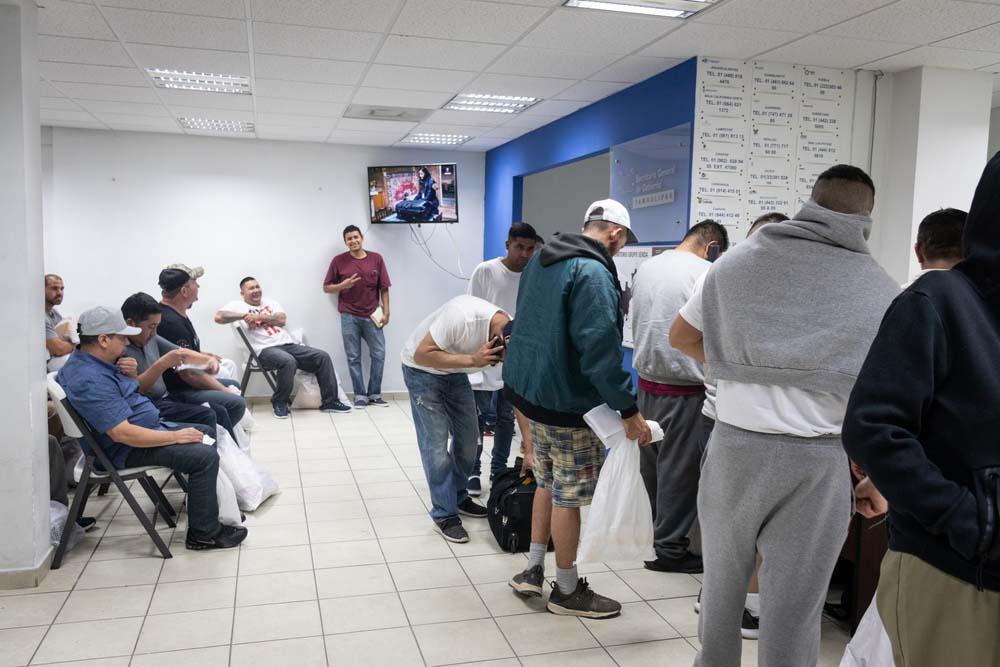
The MPP has been among the most detrimental of the Trump administration’s migration policies and has been one of the main contributors to the growing humanitarian crisis along the border. Under the MPP, more than 67,000 asylum seekers have been sent back to Mexico to await asylum hearings. The policy effectively traps these individuals in unsafe conditions and leaves them at the mercy of human trafficking networks and criminal organisations.
Asylum seekers forced to stay on the Mexican side of the border often live in unsanitary camps or informal settlements. They face the persistent threat of violence as well as the crushing mental health toll of constant risk and uncertainty.
MSF calls on the Biden administration to urgently reverse the concerted efforts over the past four years to dismantle the US asylum system. The US has an obligation to ensure that people fleeing violence and persecution can seek protection and find ways to rebuild their lives.
We commend the Biden administration for its stated commitment to respect the dignity of migrants and uphold the legal right to seek asylum and welcomes the first steps it has taken to address the detrimental structures set up by the Trump administration. The task of strengthening regional protections for vulnerable people following years of deliberate erosion is colossal and will require dedicated time, resources, and political capital.
We stand ready to share advice and updates from our medical humanitarian work in the region with the Biden administration. We look forward to supporting efforts in the US to establish a migration policy that complies with international law, meets public health objectives, and upholds common human decency.
